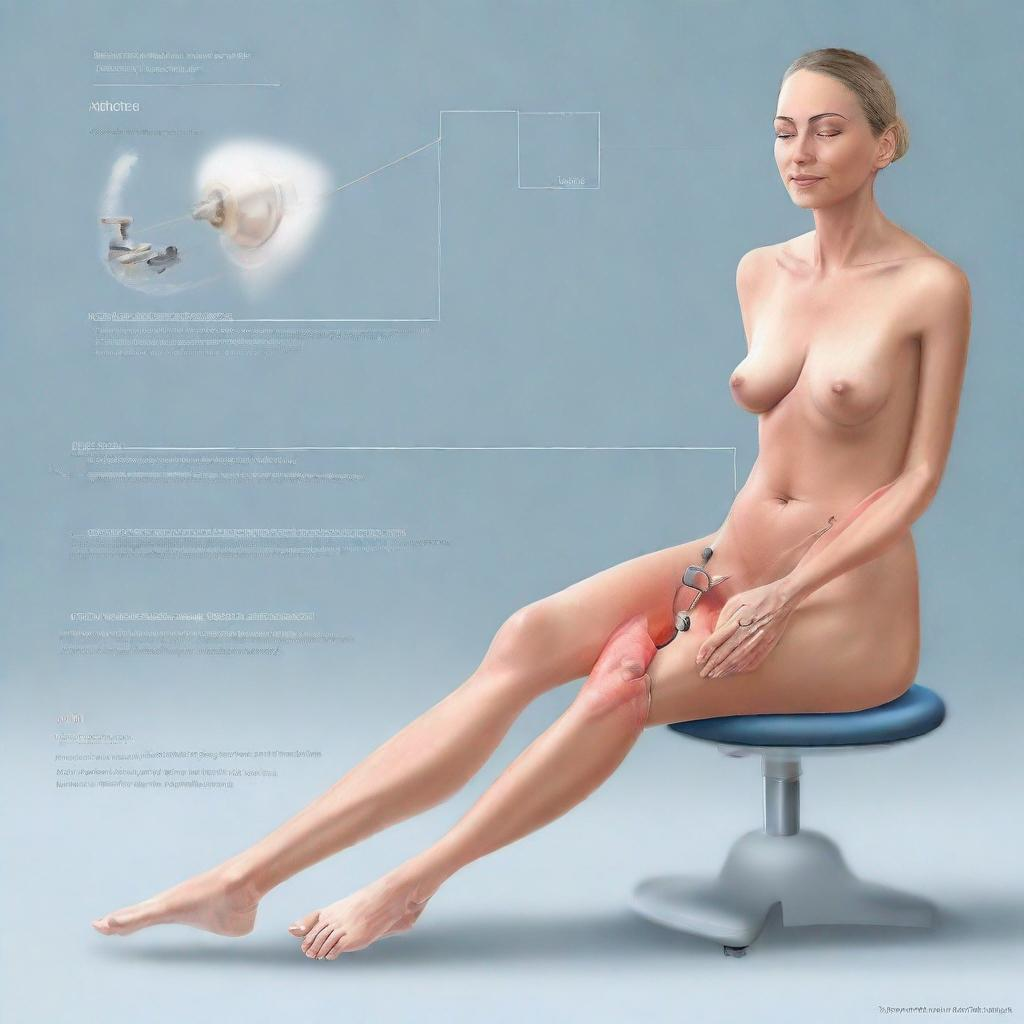ABO and Rh (REFL): Your Guide to Understanding Blood Group Testing
Introduction
Blood group testing, known as the ABO and Rh (REFL) test, is an essential part of medical diagnostics. It provides crucial information about your blood type, which plays a vital role in blood transfusions, organ transplants, pregnancy, and even paternity testing. Understanding the importance of this test can empower you to make informed decisions regarding your health.
Test Overview
The ABO and Rh (REFL) test is a blood test that determines your blood group, which is denoted by the ABO system (A, B, AB, or O) and the Rh factor (positive or negative). This information is crucial for identifying compatible blood for transfusions, ensuring successful organ transplants, and preventing Rh incompatibility between mother and baby during pregnancy.
Conditions and Diseases Detected
The ABO and Rh (REFL) test is used to diagnose and manage a range of conditions, including:
- Blood transfusions: The test ensures that transfused blood is compatible with the recipient’s blood type.
- Organ transplants: The test plays a role in determining the compatibility of the donor’s and recipient’s blood types for organ transplants.
- Pregnancy: The test helps identify Rh incompatibility between mother and baby, which can lead to complications if not managed properly.
- Paternity testing: The test can be used as part of paternity testing to compare the blood groups of the alleged father and child.
Preparation Guidelines
No special preparation is required for the ABO and Rh (REFL) test. You can eat and drink normally before the test.
Procedure
The ABO and Rh (REFL) test is a simple and painless procedure. A small blood sample is drawn from a vein in your arm. The sample is then sent to a laboratory for analysis.
Duration and Waiting Time
The test usually takes a few minutes to complete. The results are typically available within 24 to 48 hours.
Additional Tests
In some cases, your healthcare provider may order additional tests along with the ABO and Rh (REFL) test, such as:
- Blood count: To check the number and types of cells in your blood.
- Coagulation tests: To assess your blood’s ability to clot.
- Chemistry panel: To measure the levels of various chemicals in your blood.
Conclusion
The ABO and Rh (REFL) test is a vital tool for diagnosing and managing a wide range of health conditions. By understanding the importance of this test and taking an active role in your healthcare, you can ensure that you receive the best possible treatment and outcomes. If you have any questions or concerns about the ABO and Rh (REFL) test, be sure to discuss them with your healthcare provider.




